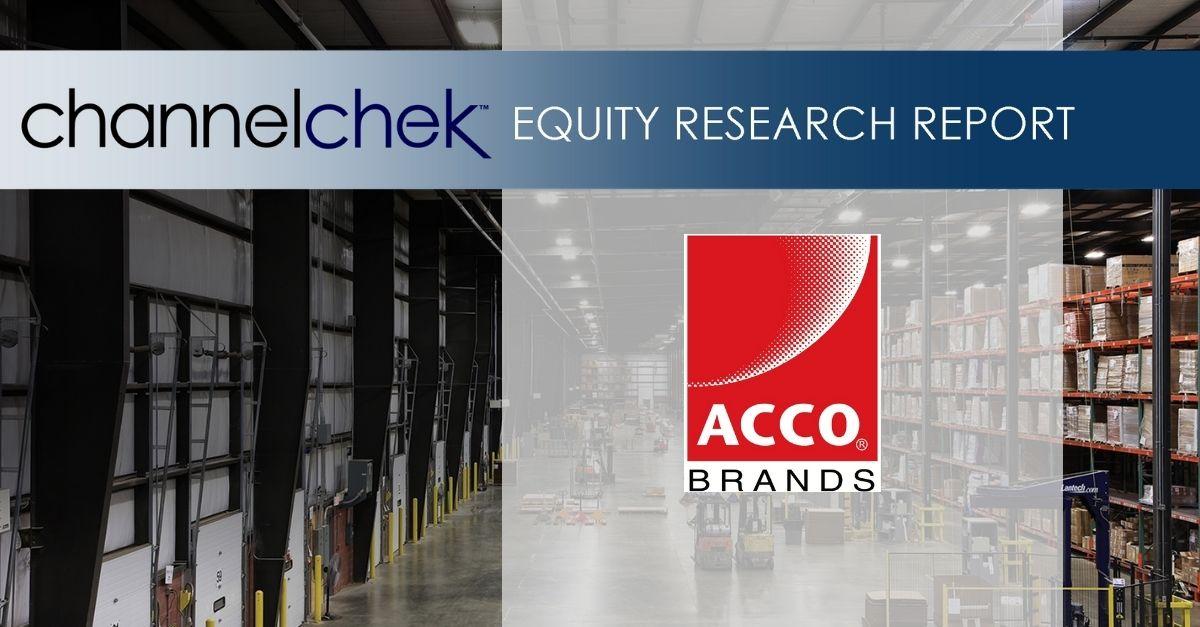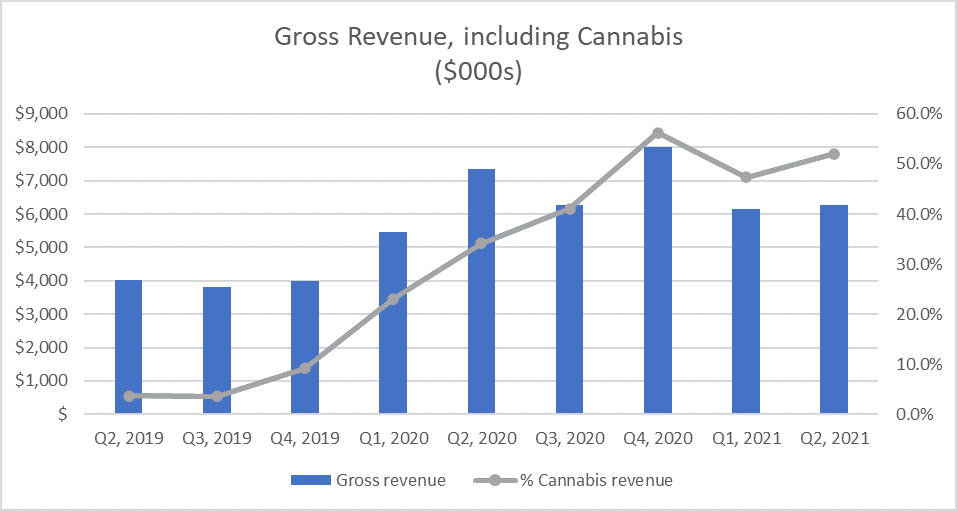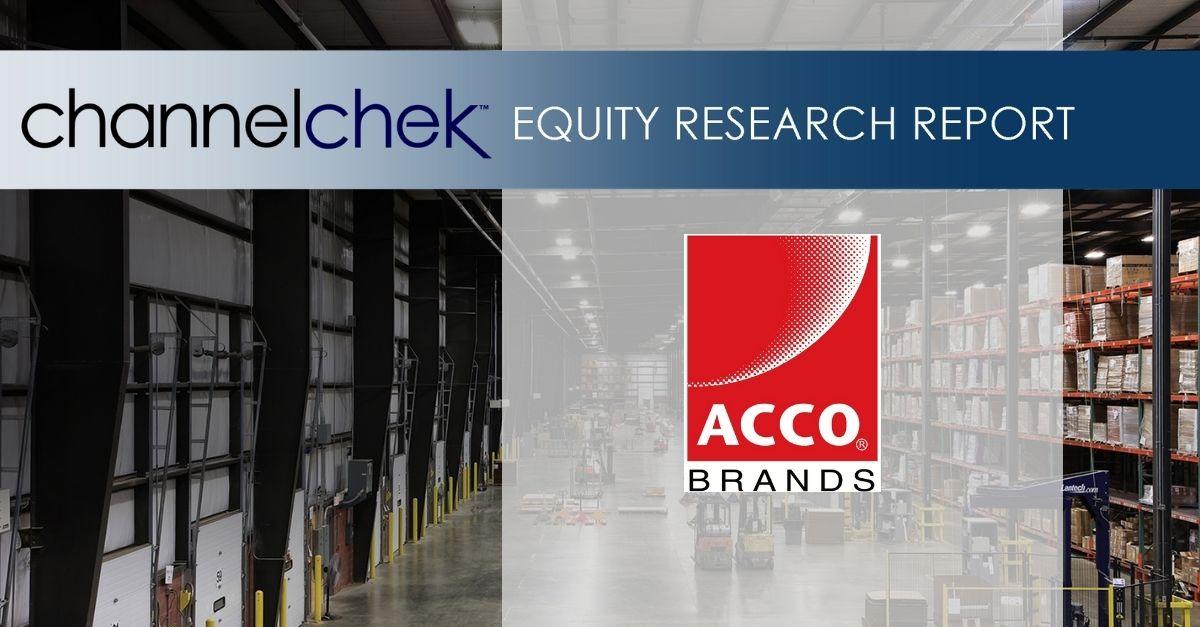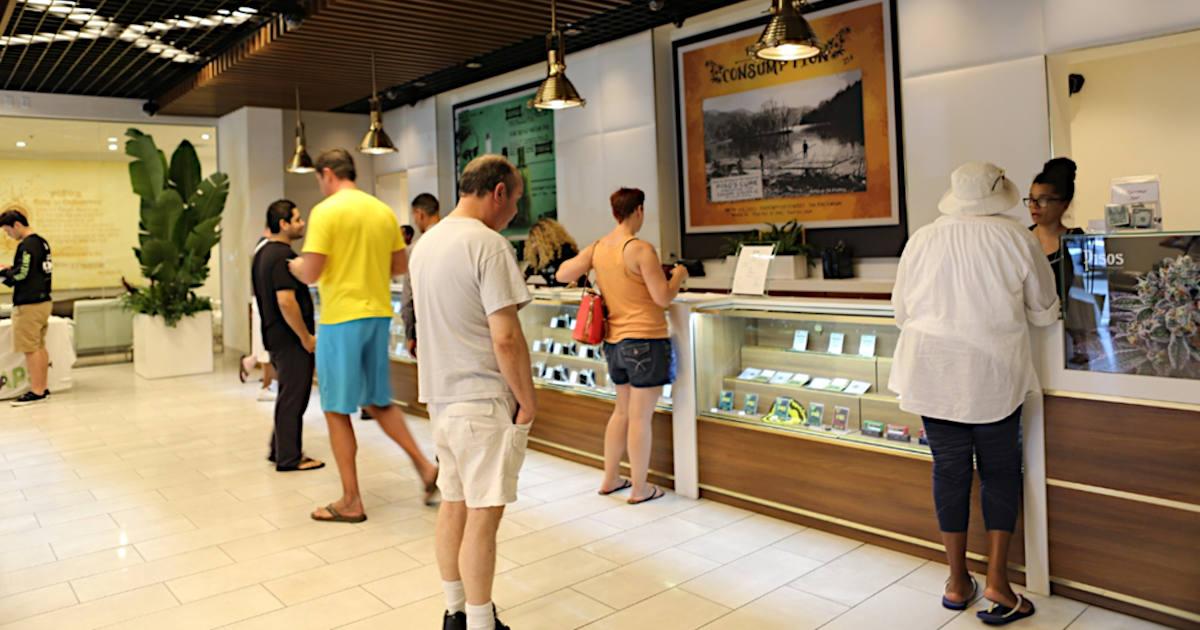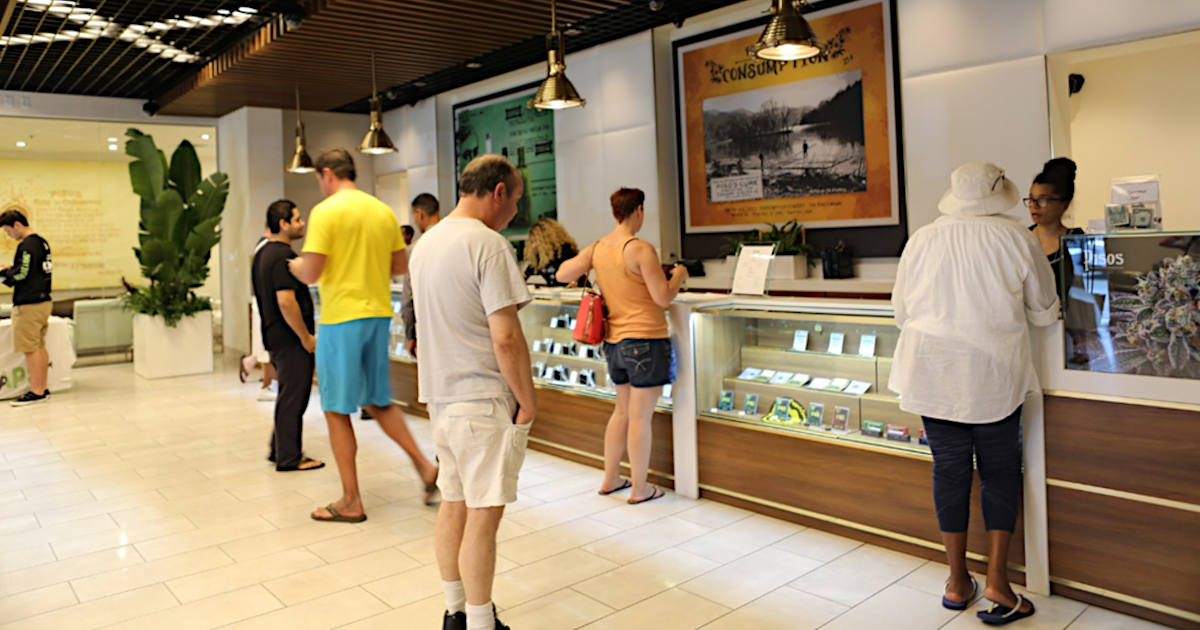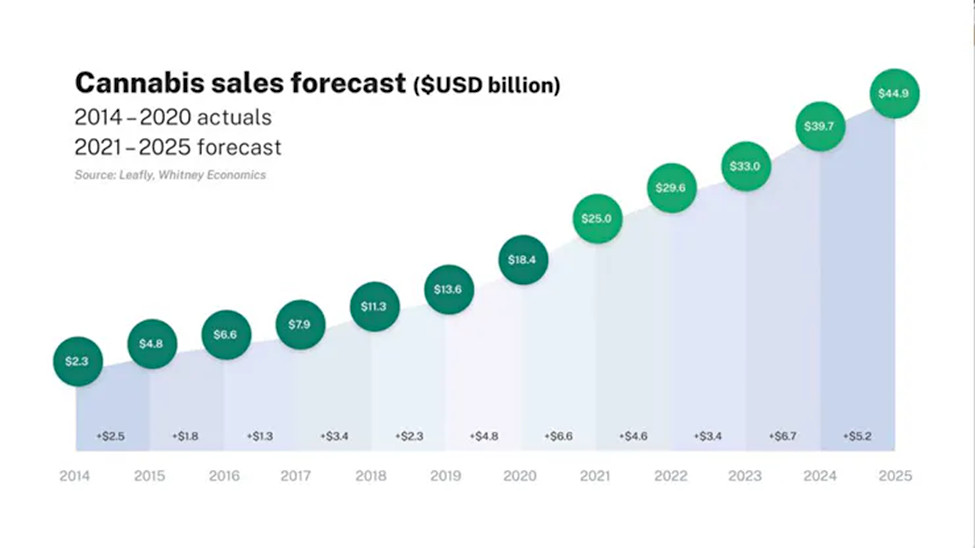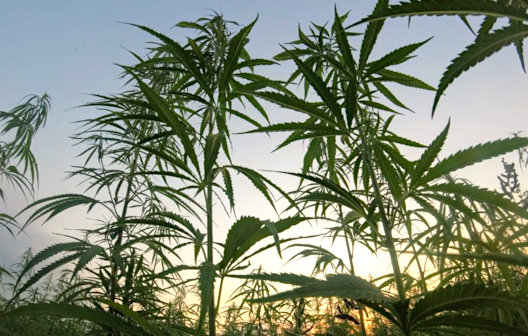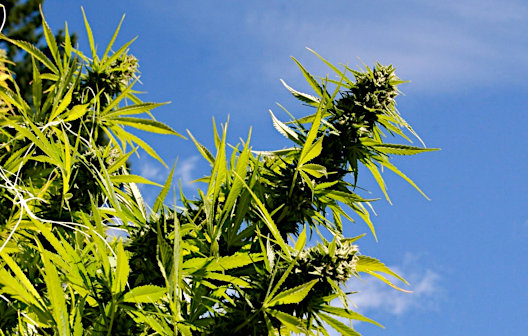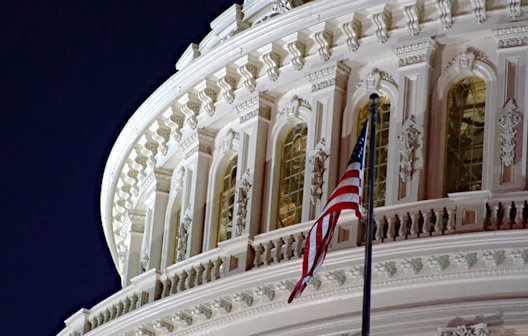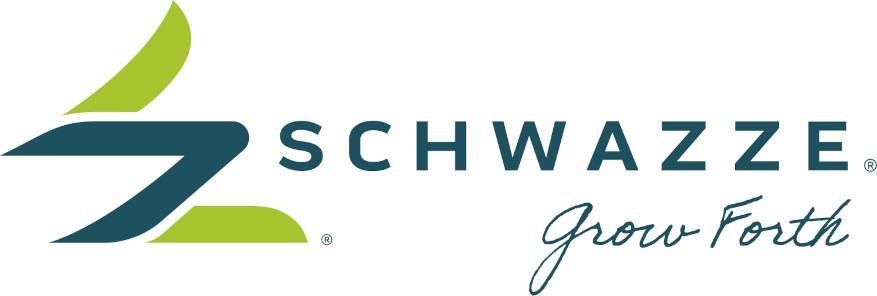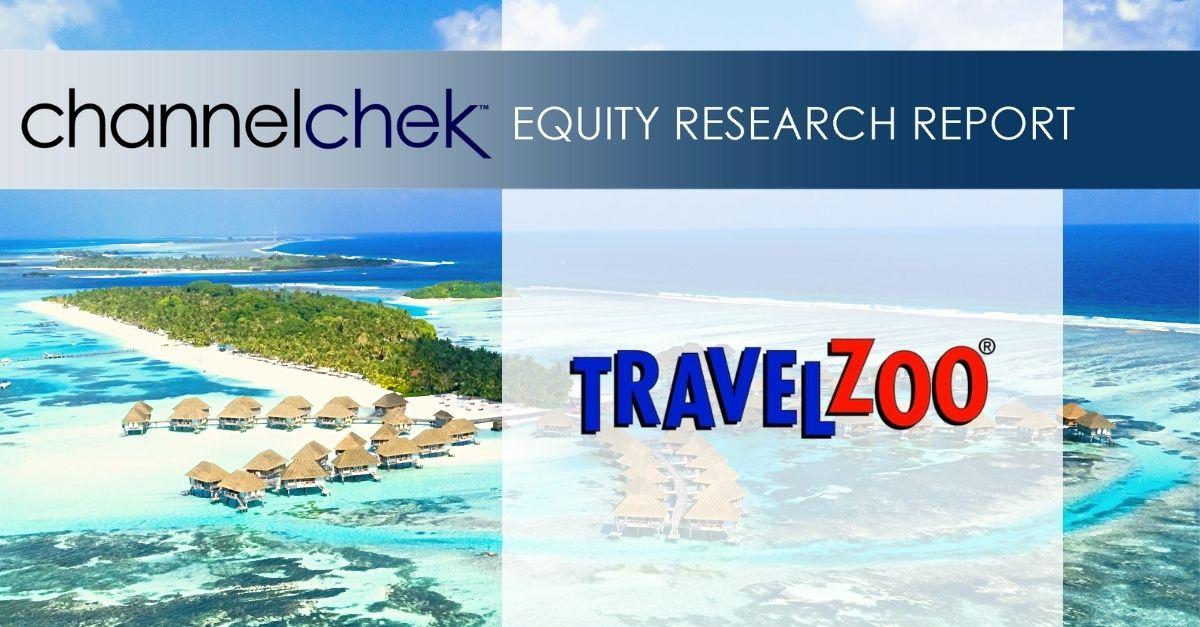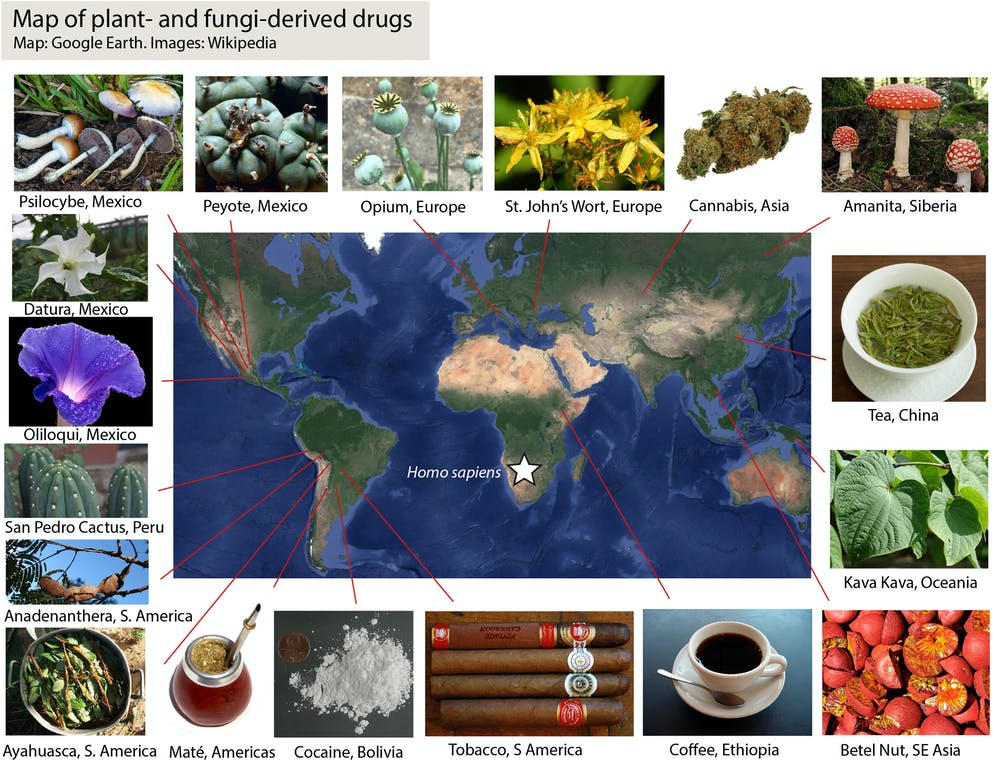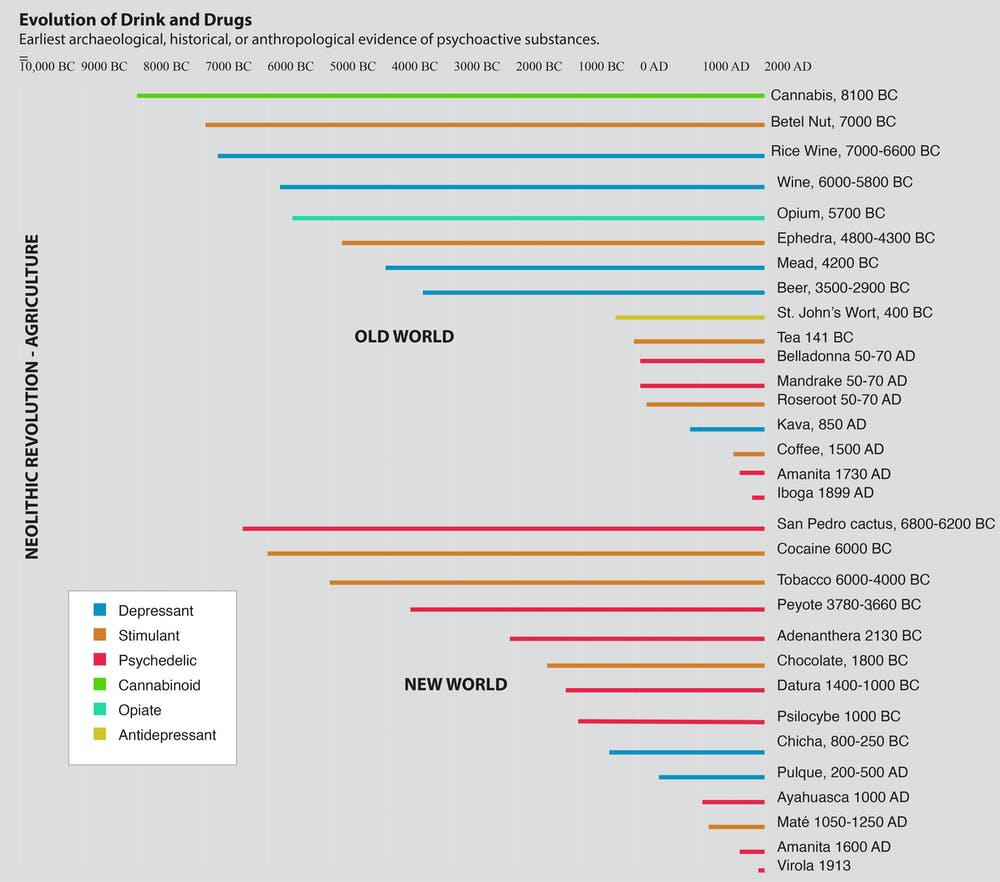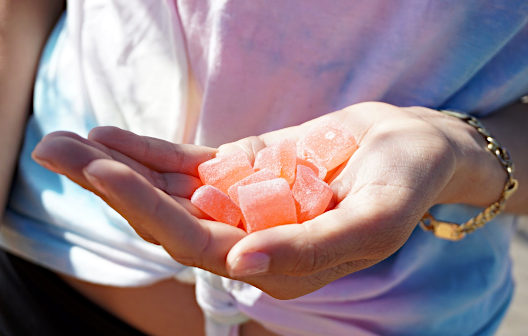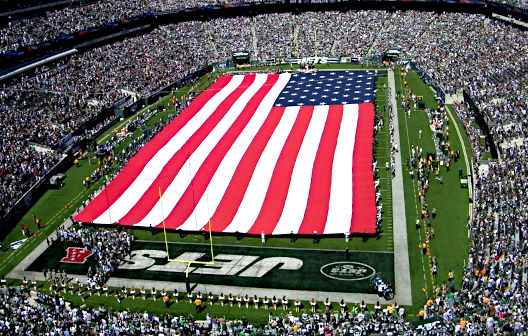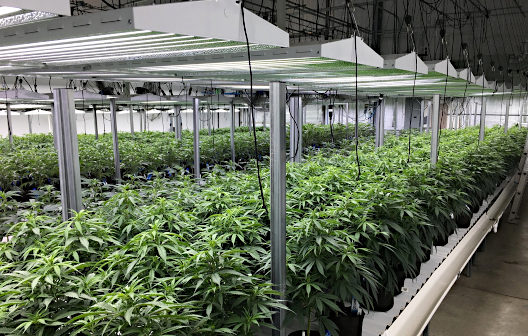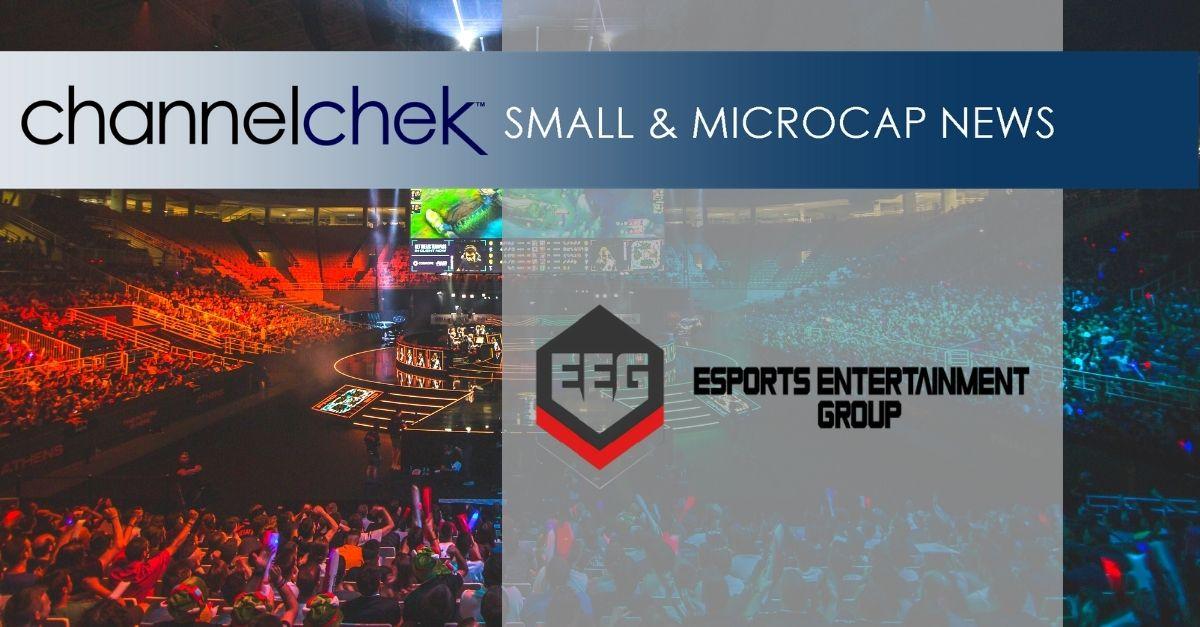
Travelzoo Reports Second Quarter 2021 Results
NEW YORK,
July 21, 2021 (GLOBE NEWSWIRE) —
Travelzoo® (NASDAQ: TZOO):
- Consolidated revenue of
$19.1 million, up 172% year-over-year and up 34% quarter-over-quarter
- Non-GAAP consolidated operating profit of
$4.9 million
- Earnings per share (EPS) of
$0.22 attributable to
Travelzoo from continuing operations
- Cash flow from operations of
$12.8 million
Travelzoo, a global Internet media company that publishes exclusive offers and experiences for members, today announced financial results for the second quarter ended
June 30, 2021. Consolidated revenue was
$19.1 million, up 172% from
$7.0 million year-over-year and up 34% from
$14.3 million in the prior quarter. Reported revenue excludes revenue from discontinued operations in
Asia Pacific.
Travelzoo’s reported revenue consists of advertising revenues and commissions, derived from and generated in connection with purchases made by
Travelzoo members.
The reported net income attributable to
Travelzoo from continuing operations was
$3.0 million for Q2 2021. At the consolidated level, including minority interests, the reported net income from continuing operations was
$3.0 million. EPS from continuing operations was
$0.22, compared to a loss per share of (
$0.48) in the prior-year period.
Non-GAAP operating profit was
$4.9 million. The calculation of non-GAAP operating profit excludes amortization of intangibles (
$0.3 million), stock option expenses (
$0.9 million), and severance-related expenses (
$0.2 million). See section “Non-GAAP Financial Measures” below.
“We see continued improvement in our business. We seize the exceptional industry opportunities for providing 30 million
Travelzoo members exclusive and irresistible travel, entertainment, and local offers and experiences.
Travelzoo members are affluent, active, and open for new experiences. 75% say
Travelzoo influences their travel destinations because they trust
Travelzoo“, said
Holger Bartel, Global CEO.
Cash Position
As of
June 30, 2021, consolidated cash, cash equivalents and restricted cash were
$82.1 million. Cash flow from operations was
$12.8 million. There were no significant capital expenditures.
Reserve
Reported revenues include a reserve of
$3.7 million related to commissions to be earned from refundable vouchers sold. The reserve is booked as contra revenue. For Q2 2021, an adjustment to the reserve increased reported revenue by
$286,000.
Travelzoo North America
North America business segment revenue increased 233% year-over-year to
$14.0 million. Operating profit for Q2 2021 was
$3.5 million, or 25% of revenue, compared to an operating loss of
$4.7 million in the prior-year period.
Travelzoo Europe
Europe business segment revenue increased 128% year-over-year to
$4.2 million. Operating loss for Q2 2021 was
$227,000, compared to an operating loss of
$1.7 million in the prior-year period.
Jack’s Flight Club
On
January 13, 2020,
Travelzoo acquired 60% of Jack’s
Flight Club, a membership subscription service. Jack’s
Flight Club revenue decreased 9% year-over-year to
$860,000. Operating income for Q2 2021 was
$170,000, compared to an operating loss of
$248,000 in the prior-year period. After consolidation with
Travelzoo, Jack’s
Flight Club’s net income was
$98,000, with
$59,000 attributable to
Travelzoo as a result of recording
$275,000 of amortization of intangible assets related to the acquisition.
Licensing
In
June 2020,
Travelzoo sold its subsidiary in
Japan, Travelzoo Japan K.K., to Mr.
Hajime Suzuki. In connection with the sale,
Travelzoo and Travelzoo Japan K.K. entered into a royalty-bearing licensing agreement for the exclusive use of
Travelzoo members in
Japan. In
August 2020,
Travelzoo sold its
Singapore subsidiary to Mr.
Julian Rembrandt and entered into a royalty-bearing licensing agreement for, among other things, the exclusive use of
Travelzoo’s members in
Australia,
New Zealand, and
Singapore. Under the licensing agreements,
Travelzoo’s existing members in
Australia,
Japan,
New Zealand, and
Singapore will continue to be owned by
Travelzoo as the licensor. Licensing revenue is booked with a lag of one quarter.
Travelzoo did not record any licensing revenue from either subsidiary in Q2 2021.
Members and Subscribers
As of
June 30, 2021, we had 31.3 million members worldwide. In
North America, the unduplicated number of
Travelzoo members was 17.7 million as of
June 30, 2021, up 6% from
June 30, 2020. In
Europe, the unduplicated number of
Travelzoo members was 8.5 million as of
June 30, 2021, down 6% from
June 30, 2020. Jack’s
Flight Club had 1.7 million subscribers as of
June 30, 2021, consistent with 1.7 million subscribers as of
June 30, 2020.
Discontinued Operations
As announced in a press release on
March 10, 2020,
Travelzoo decided to exit its
Asia Pacific business which in 2019 reduced EPS by
$0.60. The
Asia Pacific business has been classified as discontinued operations since
March 31, 2020. Prior periods have been reclassified to conform with the current presentation. Certain reclassifications have been made for current and prior periods between the continued operations and the discontinued operations in accordance with
U.S. GAAP.
Income Taxes
Income tax expense was
$1.1 million in Q2 2021, compared to an income tax benefit of
$1.3 million in the prior-year period.
Non-GAAP Financial Measures
Management calculates non-GAAP operating income when evaluating the financial performance of the business. Travelzoo’s calculation of non-GAAP operating income, also called “non-GAAP operating profit” in this press release and today’s earnings conference call, excludes the following items: impairment of intangibles and goodwill, amortization of intangibles, stock option expenses, and severance- related expenses. This press release includes a table which reconciles GAAP operating income to the calculation of non-GAAP operating income. Non-GAAP operating income is not required by, or presented in accordance with, generally accepted accounting principles in
the United States of America (“GAAP”). This information should be considered as supplemental in nature and should not be considered in isolation or as a substitute for the financial information prepared in accordance with GAAP. In addition, these non-GAAP financial measures may not be the same as similarly titled measures reported by other companies.
Looking Ahead
We currently expect for Q3 2021 to report higher revenue and profitability. We see a trend of recovery of our revenue. We have been able to reduce our operating expenses, and we believe we can continue the trend of lower fixed costs in the foreseeable future.
Conference Call
Travelzoo will host a conference call to discuss second quarter results today at
11:00 a.m. ET. Please visit http://ir.travelzoo.com/events-presentations to download the management presentation (PDF format) to be discussed in the conference call; and access the webcast.
About Travelzoo
Travelzoo® provides our 30 million members insider deals and one-of-a-kind experiences personally reviewed by one of our deal experts around the globe. We have our finger on the pulse of outstanding travel, entertainment, and lifestyle experiences. For over 20 years we have worked in partnership with more than 5,000 top travel suppliers—our long-standing relationships give
Travelzoo members access to irresistible deals.
Certain statements contained in this press release that are not historical facts may be forward-looking statements within the meaning of Section 27A of the Securities Act of 1933 and Section 21E of the Securities and Exchange Act of 1934. These forward-looking statements may include, but are not limited to, statements about our plans, objectives, expectations, prospects and intentions, markets in which we participate and other statements contained in this press release that are not historical facts. When used in this press release, the words “expect”, “predict”, “project”, “anticipate”, “believe”, “estimate”, “intend”, “plan”, “seek” and similar expressions are generally intended to identify forward-looking statements. Because these forward-looking statements involve risks and uncertainties, there are important factors that could cause actual results to differ materially from those expressed or implied by these forward-looking statements, including changes in our plans, objectives, expectations, prospects and intentions and other factors discussed in our filings with the
SEC. We cannot guarantee any future levels of activity, performance or achievements.
Travelzoo undertakes no obligation to update forward-looking statements to reflect events or circumstances occurring after the date of this press release.
Travelzoo, Top 20, and
Jack’s Flight Club are registered trademarks of
Travelzoo.
Travelzoo
Condensed Consolidated Statements of Operations
(Unaudited)
(In thousands, except per share amounts)
| |
Three months ended |
|
Six months ended |
| |
June 30, |
|
June 30, |
| |
2021 |
|
2020 |
|
2021 |
|
2020 |
| Revenues |
$ |
19,079 |
|
|
$ |
7,004 |
|
|
$ |
33,363 |
|
|
$ |
27,331 |
|
| Cost of revenues |
2,522 |
|
|
2,141 |
|
|
5,540 |
|
|
4,844 |
|
| Gross profit |
16,557 |
|
|
4,863 |
|
|
27,823 |
|
|
22,487 |
|
| Operating expenses: |
|
|
|
|
|
|
|
| Sales and marketing |
7,340 |
|
|
4,288 |
|
|
14,130 |
|
|
17,382 |
|
| Product development |
685 |
|
|
566 |
|
|
1,368 |
|
|
1,994 |
|
| General and administrative |
5,056 |
|
|
6,642 |
|
|
9,616 |
|
|
12,164 |
|
| Impairment of intangible asset and goodwill |
— |
|
|
— |
|
|
— |
|
|
2,920 |
|
| Total operating expenses |
13,081 |
|
|
11,496 |
|
|
25,114 |
|
|
34,460 |
|
| Operating income (loss) |
3,476 |
|
|
(6,633 |
) |
|
2,709 |
|
|
(11,973 |
) |
| Other income (loss), net |
684 |
|
|
(179 |
) |
|
518 |
|
|
(185 |
) |
| Income (loss) from continuing operations before income taxes |
4,160 |
|
|
(6,812 |
) |
|
3,227 |
|
|
(12,158 |
) |
| Income tax expense (benefit) |
1,136 |
|
|
(1,309 |
) |
|
1,878 |
|
|
(1,826 |
) |
| Income (loss) from continuing operations |
3,024 |
|
|
(5,503 |
) |
|
1,349 |
|
|
(10,332 |
) |
Income (loss) from discontinued operations,
net of tax |
29 |
|
|
(795 |
) |
|
14 |
|
|
(3,714 |
) |
| Net income (loss) |
3,053 |
|
|
(6,298 |
) |
|
1,363 |
|
|
(14,046 |
) |
| Net income (loss) attributable to non-controlling interest |
39 |
|
|
(108 |
) |
|
(9 |
) |
|
(1,247 |
) |
Net income (loss) attributable to
Travelzoo
|
$ |
3,014 |
|
|
$ |
(6,190 |
) |
|
$ |
1,372 |
|
|
$ |
(12,799 |
) |
| |
|
|
|
|
|
|
|
| Net income (loss) attributable to Travelzoo—continuing operations |
$ |
2,985 |
|
|
$ |
(5,395 |
) |
|
$ |
1,358 |
|
|
$ |
(9,085 |
) |
| Net income (loss) attributable to Travelzoo—discontinued operations |
$ |
29 |
|
|
$ |
(795 |
) |
|
$ |
14 |
|
|
$ |
(3,714 |
) |
| |
|
|
|
|
|
|
|
| Income (Loss) per share—basic |
|
|
|
|
|
|
|
| Continuing operations |
$ |
0.26 |
|
|
$ |
(0.48 |
) |
|
$ |
0.12 |
|
|
$ |
(0.80 |
) |
| Discontinued operations |
$ |
— |
|
|
$ |
(0.07 |
) |
|
$ |
— |
|
|
$ |
(0.33 |
) |
| Net income (loss) per share —basic |
$ |
0.26 |
|
|
$ |
(0.55 |
) |
|
$ |
0.12 |
|
|
$ |
(1.13 |
) |
| |
|
|
|
|
|
|
|
| Income (Loss) per share—diluted |
|
|
|
|
|
|
|
| Continuing operations |
$ |
0.22 |
|
|
$ |
(0.48 |
) |
|
$ |
0.10 |
|
|
$ |
(0.80 |
) |
| Discontinued operations |
$ |
— |
|
|
$ |
(0.07 |
) |
|
$ |
— |
|
|
$ |
(0.33 |
) |
| Net income (loss) per share—diluted |
$ |
0.22 |
|
|
$ |
(0.55 |
) |
|
$ |
0.10 |
|
|
$ |
(1.13 |
) |
| Shares used in per share calculation from continuing operations—basic |
11,488 |
|
|
11,310 |
|
|
11,440 |
|
|
11,375 |
|
| Shares used in per share calculation from discontinued operations—basic |
11,488 |
|
|
11,310 |
|
|
11,440 |
|
|
11,375 |
|
| Shares used in per share calculation from continuing operations—diluted |
13,408 |
|
|
11,310 |
|
|
13,248 |
|
|
11,375 |
|
| Shares used in per share calculation from discontinued operations—diluted |
13,408 |
|
|
11,310 |
|
|
13,248 |
|
|
11,375 |
|
| |
|
|
|
|
|
|
|
|
|
|
|
Travelzoo
Condensed Consolidated Balance Sheets
(Unaudited)
(In thousands)
| |
June 30,
2021 |
|
December 31,
2020 |
| Assets |
|
|
|
| Current assets: |
|
|
|
| Cash and cash equivalents |
$ |
80,962 |
|
|
$ |
63,061 |
|
| Accounts receivable, net |
9,905 |
|
|
4,519 |
|
| Prepaid income taxes |
1,616 |
|
|
931 |
|
| Deposits |
105 |
|
|
137 |
|
| Prepaid expenses and other |
3,253 |
|
|
1,166 |
|
| Assets from discontinued operations |
84 |
|
|
230 |
|
| Total current assets |
95,925 |
|
|
70,044 |
|
| Deposits and other |
1,552 |
|
|
745 |
|
| Deferred tax assets |
3,647 |
|
|
5,067 |
|
| Restricted cash |
1,164 |
|
|
1,178 |
|
| Operating lease right-of-use assets |
8,559 |
|
|
8,541 |
|
| Property and equipment, net |
1,034 |
|
|
1,347 |
|
| Intangible assets, net |
3,975 |
|
|
4,534 |
|
|
Goodwill
|
10,944 |
|
|
10,944 |
|
| Total assets |
$ |
126,800 |
|
|
$ |
102,400 |
|
| Liabilities and Stockholders’ Equity |
|
|
|
| Current liabilities: |
|
|
|
| Accounts payable |
$ |
8,503 |
|
|
$ |
6,996 |
|
| Merchant payables |
82,236 |
|
|
57,104 |
|
| Accrued expenses and other |
8,222 |
|
|
8,649 |
|
| Deferred revenue |
2,213 |
|
|
2,688 |
|
| Operating lease liabilities |
3,751 |
|
|
3,587 |
|
| PPP notes payable (current portion) |
3,156 |
|
|
2,849 |
|
| Income tax payable |
98 |
|
|
326 |
|
| Liabilities from discontinued operations |
482 |
|
|
671 |
|
| Total current liabilities |
108,661 |
|
|
82,870 |
|
| PPP notes payables |
— |
|
|
814 |
|
| Deferred tax liabilities |
38 |
|
|
357 |
|
| Long-term operating lease liabilities |
10,353 |
|
|
10,774 |
|
| Other long-term liabilities |
2,146 |
|
|
1,085 |
|
| Total liabilities |
121,198 |
|
|
95,900 |
|
| Non-controlling interest |
4,600 |
|
|
4,609 |
|
| Common stock |
115 |
|
|
114 |
|
|
Treasury stock (at cost) |
(1,583 |
) |
|
— |
|
| Additional paid-in capital |
4,988 |
|
|
6,239 |
|
| Retained earnings (accumulated deficit) |
969 |
|
|
(403 |
) |
| Accumulated other comprehensive loss |
(3,487 |
) |
|
(4,059 |
) |
| Total stockholders’ equity |
1,002 |
|
|
1,891 |
|
| Total liabilities and stockholders’ equity |
$ |
126,800 |
|
|
$ |
102,400 |
|
| |
|
|
|
|
|
|
|
Travelzoo
Condensed Consolidated Statements of Cash Flows
(Unaudited)
(In thousands)
| |
Three months ended |
|
Six months ended |
| |
June 30, |
|
June 30, |
| |
2021 |
|
2020 |
|
2021 |
|
2020 |
| Cash flows from operating activities: |
|
|
|
|
|
|
|
| Net income (loss) |
$ |
3,053 |
|
|
$ |
(6,298 |
) |
|
$ |
1,363 |
|
|
$ |
(14,046 |
) |
| Adjustments to reconcile net income (loss) to net cash provided by (used in) operating activities: |
|
|
|
|
|
|
|
| Depreciation and amortization |
476 |
|
|
667 |
|
|
960 |
|
|
1,218 |
|
| Stock-based compensation |
934 |
|
|
4,031 |
|
|
1,816 |
|
|
4,054 |
|
| Deferred income tax |
599 |
|
|
(1,152 |
) |
|
1,140 |
|
|
(1,761 |
) |
| Impairment of intangible assets and goodwill |
— |
|
|
— |
|
|
— |
|
|
2,920 |
|
| Gain on notes payable settlement |
— |
|
|
(1,500 |
) |
|
— |
|
|
(1,500 |
) |
| Loss on long-lived assets |
— |
|
|
— |
|
|
— |
|
|
437 |
|
| Loss on equity investment in WeGo |
— |
|
|
141 |
|
|
— |
|
|
336 |
|
| Gain on PPP notes payable forgiveness |
(429 |
) |
|
— |
|
|
(429 |
) |
|
— |
|
| Net foreign currency effects |
(103 |
) |
|
225 |
|
|
(255 |
) |
|
(456 |
) |
| Provision (reversal) of loss on accounts receivable and other reserves |
(417 |
) |
|
986 |
|
|
(871 |
) |
|
2,427 |
|
| Changes in operating assets and liabilities, net of acquisitions: |
|
|
|
|
|
|
|
| Accounts receivable |
(2,552 |
) |
|
3,674 |
|
|
(4,781 |
) |
|
6,183 |
|
| Prepaid income taxes |
(168 |
) |
|
— |
|
|
(713 |
) |
|
989 |
|
| Prepaid expenses and other |
(418 |
) |
|
558 |
|
|
(2,775 |
) |
|
1,420 |
|
| Accounts payable |
(312 |
) |
|
1,602 |
|
|
1,415 |
|
|
2,149 |
|
| Merchant payables |
11,973 |
|
|
15,100 |
|
|
25,185 |
|
|
8,160 |
|
| Accrued expenses and other |
321 |
|
|
(2,084 |
) |
|
(320 |
) |
|
(1,380 |
) |
| Income tax payable |
(102 |
) |
|
266 |
|
|
(228 |
) |
|
(67 |
) |
| Other liabilities |
(80 |
) |
|
263 |
|
|
332 |
|
|
2,340 |
|
| Net cash provided by operating activities |
12,775 |
|
|
16,479 |
|
|
21,839 |
|
|
13,423 |
|
| Cash flows from investing activities: |
|
|
|
|
|
|
|
| Acquisition of business, net of cash acquired |
— |
|
|
— |
|
|
— |
|
|
(679 |
) |
| Other investment |
— |
|
|
(430 |
) |
|
— |
|
|
(430 |
) |
| Purchases of property and equipment |
(77 |
) |
|
(72 |
) |
|
(84 |
) |
|
(203 |
) |
| Net cash used in investing activities |
(77 |
) |
|
(502 |
) |
|
(84 |
) |
|
(1,312 |
) |
| Cash flows from financing activities: |
|
|
|
|
|
|
|
| Repurchase of common stock |
— |
|
|
— |
|
|
(1,583 |
) |
|
(1,205 |
) |
| Payment of promissory notes |
— |
|
|
(6,800 |
) |
|
— |
|
|
(7,800 |
) |
| Proceeds from notes payable |
— |
|
|
3,663 |
|
|
— |
|
|
3,663 |
|
| Exercise of stock options and taxes paid for net share settlement |
(3,066 |
) |
|
— |
|
|
(3,066 |
) |
|
— |
|
| Net cash used in financing activities |
(3,066 |
) |
|
(3,137 |
) |
|
(4,649 |
) |
|
(5,342 |
) |
| Effect of exchange rate on cash, cash equivalents and restricted cash |
427 |
|
|
(239 |
) |
|
697 |
|
|
(511 |
) |
| Net increase in cash, cash equivalents and restricted cash |
10,059 |
|
|
12,601 |
|
|
17,803 |
|
|
6,258 |
|
| Cash, cash equivalents and restricted cash at beginning of period |
72,129 |
|
|
14,367 |
|
|
64,385 |
|
|
20,710 |
|
| Cash, cash equivalents and restricted cash at end of period |
$ |
82,188 |
|
|
$ |
26,968 |
|
|
$ |
82,188 |
|
|
$ |
26,968 |
|
| |
|
|
|
|
|
|
|
|
|
|
|
|
|
|
|
Travelzoo
Segment Information from Continuing Operations
(Unaudited)
(In thousands)
| Three months ended June 30, 2021 |
Travelzoo
North
America |
|
Travelzoo
Europe |
|
Jack’s Flight
Club |
|
Elimination |
|
Consolidated |
| Revenue from unaffiliated customers |
$ |
13,650 |
|
|
$ |
4,569 |
|
|
$ |
860 |
|
|
$ |
— |
|
|
|
$ |
19,079 |
|
| Intersegment revenue |
335 |
|
|
(335 |
) |
|
— |
|
|
— |
|
|
|
— |
|
| Total net revenues |
13,985 |
|
|
4,234 |
|
|
860 |
|
|
— |
|
|
|
19,079 |
|
| Operating income (loss) |
$ |
3,533 |
|
|
$ |
(227 |
) |
|
$ |
170 |
|
|
$ |
— |
|
|
|
$ |
3,476 |
|
| |
|
|
|
|
|
|
|
|
|
| Three months ended June 30, 2020 |
Travelzoo
North
America |
|
Travelzoo
Europe |
|
Jack’s Flight
Club |
|
Elimination |
|
Consolidated |
| Revenue from unaffiliated customers |
$ |
4,254 |
|
|
$ |
1,805 |
|
|
$ |
945 |
|
|
$ |
— |
|
|
|
$ |
7,004 |
|
| Intersegment revenue |
(52 |
) |
|
52 |
|
|
— |
|
|
— |
|
|
|
— |
|
| Total net revenues |
4,202 |
|
|
1,857 |
|
|
945 |
|
|
— |
|
|
|
7,004 |
|
| Operating loss |
$ |
(4,702 |
) |
|
$ |
(1,683 |
) |
|
$ |
(248 |
) |
|
$ |
— |
|
|
|
$ |
(6,633 |
) |
Six months ended
June 30, 2021 |
Travelzoo
North
America |
|
Travelzoo
Europe |
|
Jack’s Flight
Club |
|
Elimination |
|
Consolidated |
| Revenue from unaffiliated customers |
$ |
23,478 |
|
|
$ |
8,138 |
|
|
$ |
1,747 |
|
|
$ |
— |
|
|
$ |
33,363 |
|
| Intersegment revenue |
326 |
|
|
(326 |
) |
|
— |
|
|
— |
|
|
— |
|
| Total net revenues |
23,804 |
|
|
7,812 |
|
|
1,747 |
|
|
— |
|
|
33,363 |
|
| Operating income (loss) |
$ |
3,572 |
|
|
$ |
(923 |
) |
|
$ |
60 |
|
|
$ |
— |
|
|
$ |
2,709 |
|
| |
|
|
|
|
|
|
|
|
|
Six months ended
June 30, 2020 |
Travelzoo
North
America |
|
Travelzoo
Europe |
|
Jack’s Flight
Club |
|
Elimination |
|
Consolidated |
| Revenue from unaffiliated customers |
$ |
16,803 |
|
|
$ |
8,908 |
|
|
$ |
1,628 |
|
|
$ |
(8 |
) |
|
$ |
27,331 |
|
| Intersegment revenue |
96 |
|
|
(104 |
) |
|
— |
|
|
8 |
|
|
— |
|
| Total net revenues |
16,899 |
|
|
8,804 |
|
|
1,628 |
|
|
— |
|
|
27,331 |
|
| Operating loss |
$ |
(5,678 |
) |
|
$ |
(3,024 |
) |
|
$ |
(3,263 |
) |
|
$ |
(8 |
) |
|
$ |
(11,973 |
) |
Travelzoo
Reconciliation of GAAP to Non-GAAP Information
(Unaudited)
(In thousands, except per share amounts)
| |
Three months ended |
|
Six months ended |
| |
June 30, |
|
June 30, |
| |
2021 |
|
2020 |
|
2021 |
|
2020 |
| GAAP operating expense |
$ |
13,081 |
|
|
$ |
11,496 |
|
|
$ |
25,114 |
|
|
$ |
34,460 |
|
| Non-GAAP adjustments: |
|
|
|
|
|
|
|
| Impairment of intangible and goodwill (A) |
— |
|
|
— |
|
|
— |
|
|
2,920 |
|
| Amortization of intangibles (B) |
275 |
|
|
396 |
|
|
559 |
|
|
611 |
|
| Stock option expenses (C) |
934 |
|
|
4,031 |
|
|
1,816 |
|
|
4,054 |
|
| Severance-related expenses (D) |
175 |
|
|
67 |
|
|
398 |
|
|
284 |
|
| Non-GAAP operating expense |
11,697 |
|
|
7,002 |
|
|
22,341 |
|
|
26,591 |
|
| |
|
|
|
|
|
|
|
| GAAP operating income (loss) |
3,476 |
|
|
(6,633 |
) |
|
2,709 |
|
|
(11,973 |
) |
| Non-GAAP adjustments (A through D) |
1,384 |
|
|
4,494 |
|
|
2,773 |
|
|
7,869 |
|
| Non-GAAP operating income (loss) |
4,861 |
|
|
(2,139 |
) |
|
5,482 |
|
|
(4,104 |
) |
Investor Relations:
Almira Pusch
ir@travelzoo.com
Source: Travelzoo

